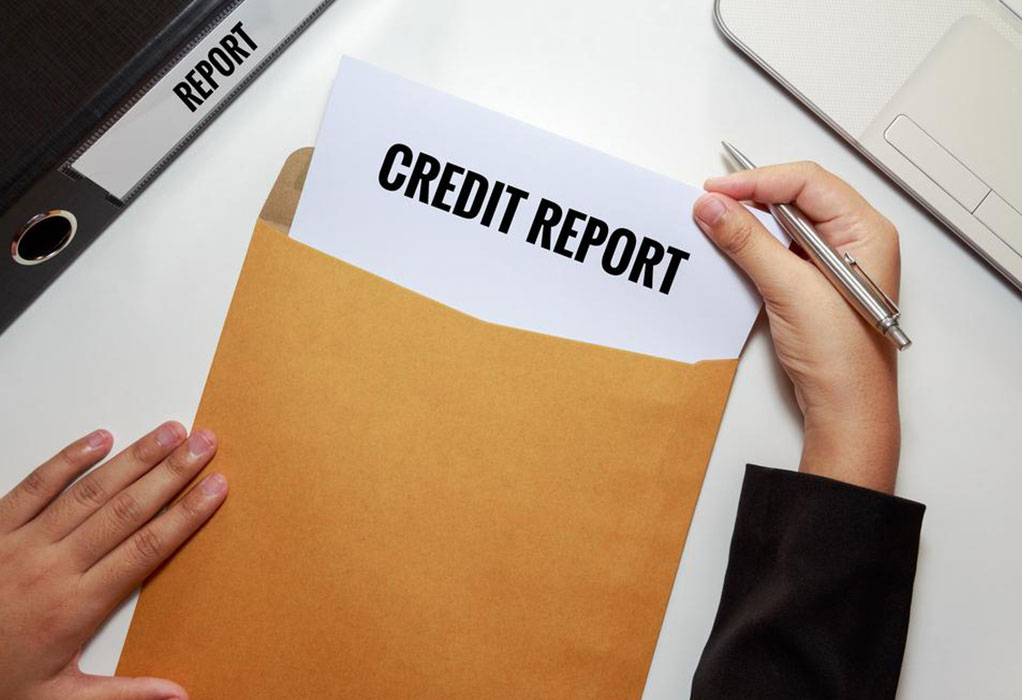Comprehensive Guide to Correcting Errors on Your Credit Report
Learn proven strategies to identify, dispute, and correct errors on your credit report effectively. This comprehensive guide covers your rights under the law, step-by-step dispute procedures, and tips to ensure your credit profile accurately reflects your financial history. Regular review of your credit report helps prevent fraud and improves your chances of securing favorable loans and employment. Follow these detailed steps to maintain a clean credit report and protect your financial interests.

Effective Strategies for Identifying and Challenging Errors on Your Credit Report
Your credit report serves as a detailed record of your financial history, including personal information such as your residence, a history of bill payments, legal issues like judgments or bankruptcies, and other financial activities. This report is a vital document used by lenders, insurance companies, prospective employers, and property managers to assess your creditworthiness and decide whether to extend credit or services. Therefore, maintaining an accurate and clean credit report is crucial for securing favorable loan terms, insurance premiums, and employment opportunities.
In today's digital financial landscape, errors in credit reports are surprisingly common. These inaccuracies can result from data entry mistakes, outdated information, or even identity theft. Regularly reviewing your credit report—at least once a year—is essential to ensure that all information is correct and up-to-date. Detecting errors early on can help you dispute inaccuracies swiftly, preventing potential negative impacts on your financial opportunities and protecting you from fraudulent activities that may harm your credit profile.
If you discover discrepancies or inaccuracies during your review, it's important to take immediate action to dispute and correct these errors. The three major credit bureaus—Equifax, Experian, and TransUnion—are mandated to provide free annual access to your credit report upon request. Moreover, you are entitled to a free report if your loan application is denied within 60 days, if you are unemployed and actively seeking work, or if your report contains false information resulting from identity theft or fraud.
To start the dispute process, you should reach out directly to the credit bureau that has reported the incorrect information, as well as the data furnisher—the original source that provided the information. Submit a detailed written complaint, specifying the inaccuracies clearly and supported by relevant documents such as bank statements, payment confirmations, or legal notices. The credit bureaus are required by law to investigate your claim within 30 days of receiving your dispute, during which they will verify the information with the data provider. If the investigation confirms that the information is erroneous, the credit bureau must correct it across all three reporting agencies, ensuring your credit report is updated accordingly.
Once the corrections are made, the bureau will send you an updated report reflecting these changes. This report is separate from your annual free report and is intended to show your corrected credit profile. If your dispute is unresolved after the initial investigation, the bureau must note the dispute in your file and notify any third parties that received the misleading information. Keeping detailed records of your dispute correspondence—including copies of letters, supporting documents, and communication logs—is vital for future legal recourse, should the need arise.
Alternatively, you can pursue a direct dispute with the data provider—such as the lender or creditor—that supplied the incorrect information. Sending a formal, written dispute supported with evidence may expedite the correction process. Once notified, the data provider must investigate and, if the claim is valid, communicate with the credit bureaus to amend the record. This proactive approach can sometimes lead to swifter resolution.
When engaging in a dispute, be cautious to avoid common pitfalls. For example, simply disputing with the lender without involving the credit bureau can limit your leverage if the bureau does not initially accept your claim. To strengthen your case, gather comprehensive proof emphasizing the inaccuracies. Ensure that all your dispute communications are well-documented, including detailed notes of conversations, copies of supporting documents, and any correspondence with the credit reporting agencies.
Understanding your rights under the Fair Credit Reporting Act (FCRA) is critical. The law provides you with protections and procedures to ensure the accuracy of your credit reports. Carefully review all terms and conditions when disputing information, especially the fine print, so you fully comprehend the process and your rights. Keeping organized records of your dispute efforts enhances your ability to resolve issues with minimal delay and is essential if legal action becomes necessary.




